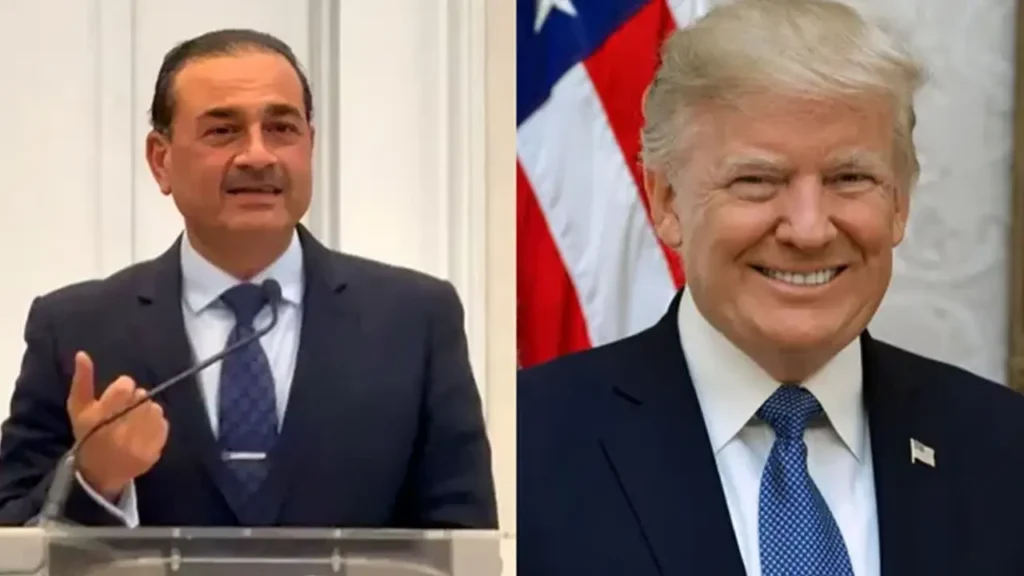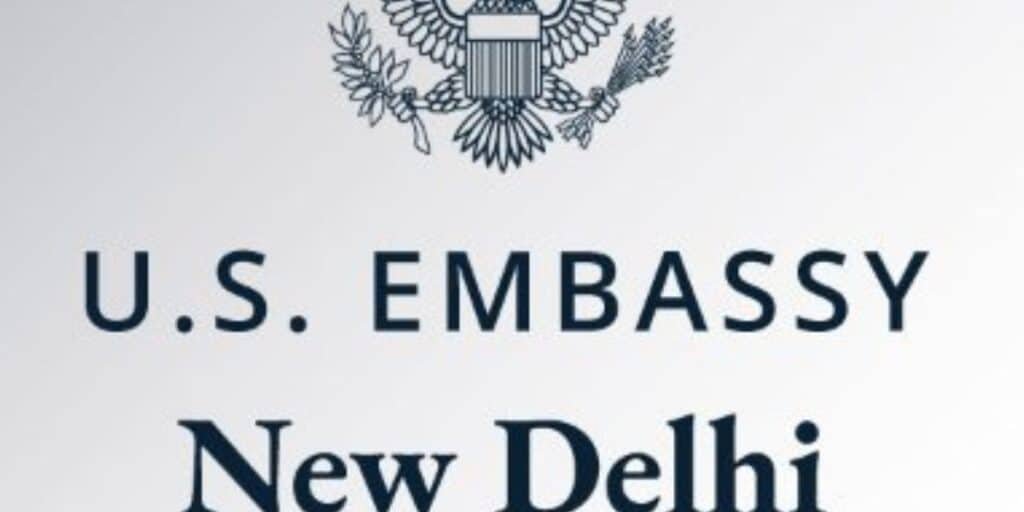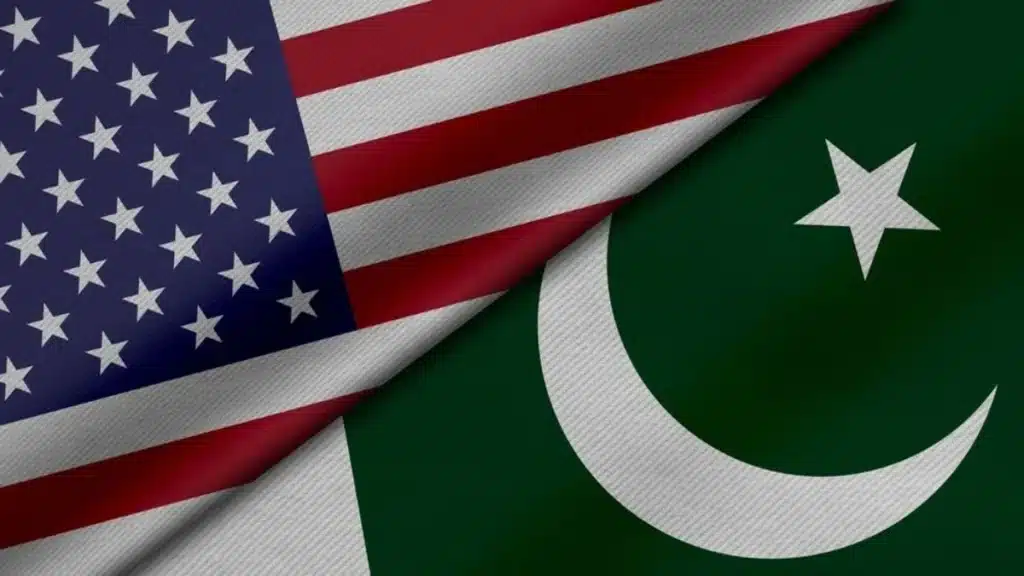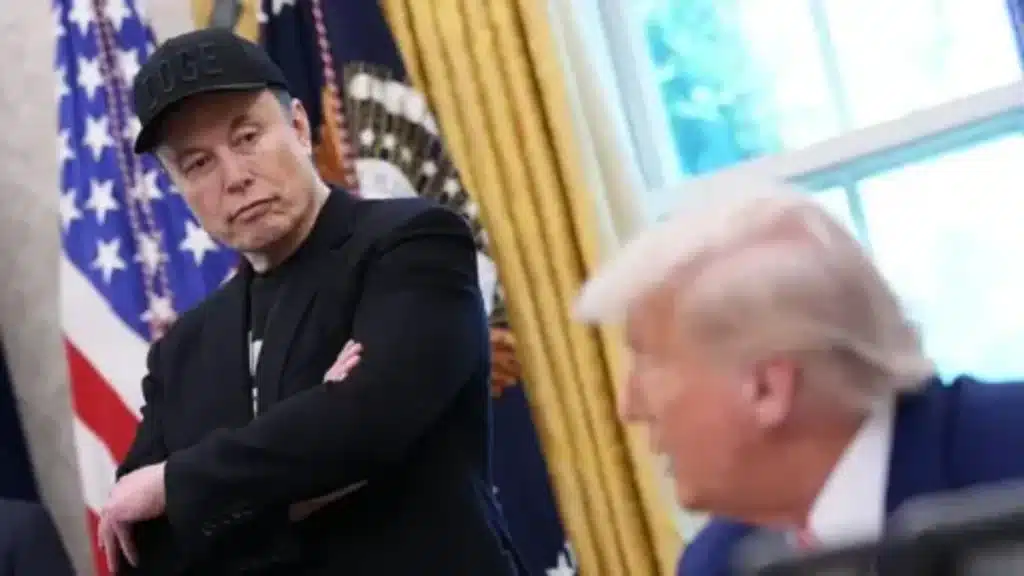US President Donald Trump hosted Pakistan’s Chief of Army Staff, Field Marshal Syed Asim Munir, for a private two-hour meeting and working lunch at the White House, signalling renewed diplomatic momentum between Washington and Islamabad.
In a brief statement following the meeting, Trump described the encounter as an “honour”, and thanked Munir for what he called a key role in defusing tensions with India during a recent flare-up. “I was honoured to meet him today,” Trump told reporters, without elaborating on specific agreements or proposals.
The two leaders also discussed the ongoing conflict between Iran and Israel, which has raised alarm across the region. According to US officials, Munir is expected to continue high-level talks in Washington, including meetings with Secretary of State Marco Rubio and Defence Secretary Pete Hegseth.
Trump said negotiations on trade are underway with both Pakistan and India, though no details were shared. His remarks suggest Washington may be looking to balance its regional ties more carefully amid growing instability in the Middle East.
Pakistan’s Defence Minister Khawaja Asif hailed the engagement as a diplomatic “milestone”, calling the meeting a sign of warming relations between the two countries. In a statement, he said the US president’s decision to host a luncheon for Munir reflected a “new and unprecedented” level of warmth in bilateral ties.
“Pakistan can play a vital and constructive role in the current crisis,” Asif said, referring to the Iran-Israel conflict. He added that the meeting had been planned even before Trump returned to office.
Bilawal Bhutto Zardari, Chairman of the Pakistan People’s Party and former foreign minister, also welcomed the meeting. He described it as a “positive step” in US-Pakistan relations and pointed to Trump’s role in mediating a recent ceasefire in the region.
In a post on X, Bhutto accused India of resisting peace efforts following what he called Pakistan’s “decisive victory” in a recent five-day conflict. He argued that long-standing disputes cannot be resolved militarily.
“India’s weaponisation of water, repression in Kashmir, and politicisation of terrorism are unsustainable positions,” Bhutto wrote. “The path forward lies in honest diplomacy – not denial.”
The visit comes at a critical moment, with tensions escalating on multiple fronts in South Asia and the Middle East. While no major breakthroughs were announced, the meeting has been viewed as a significant signal of US willingness to re-engage Pakistan’s military leadership on both strategic and regional issues.






